Attorney General Tong reflects on moral, economic impacts of immigration policy
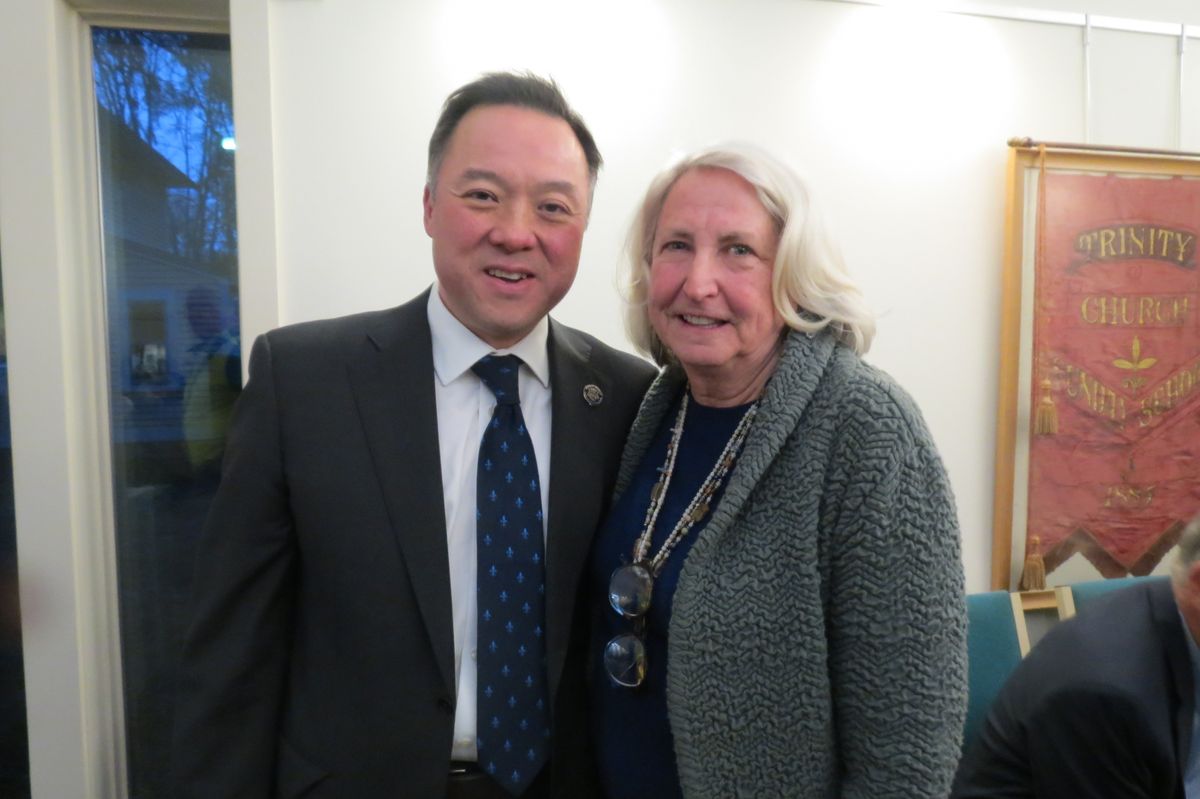
Attorney General William Tong visits with former State Rep. Roberta Willis of Salisbury before his talk on immigration at Trinity Lime Rock Church Thursday, March 6.
Photo by Ruth Epstein
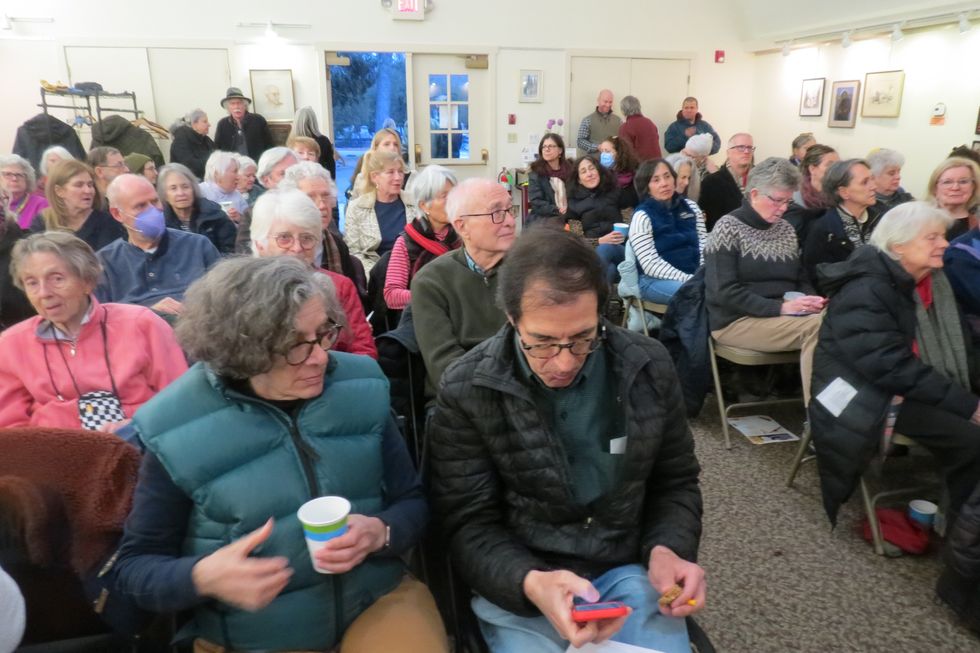 It was standing-room only for Attorney General William Tong’s talk on immigration at Trinity Church Lime Rock Thursday, March 7. Photo by Ruth Epstein
It was standing-room only for Attorney General William Tong’s talk on immigration at Trinity Church Lime Rock Thursday, March 7. Photo by Ruth Epstein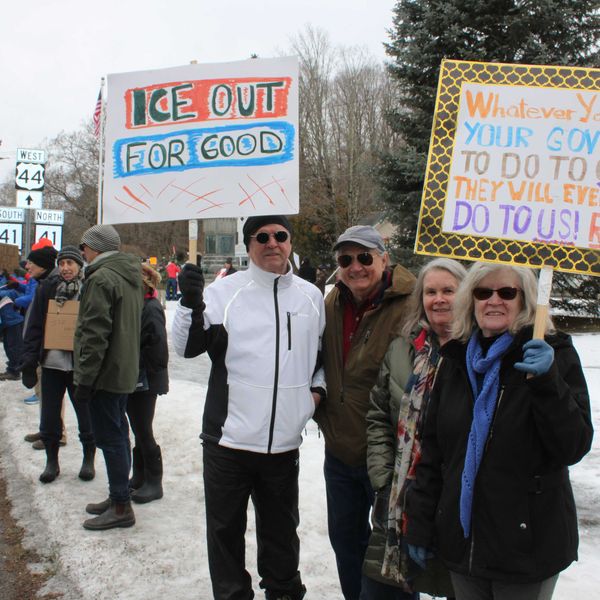
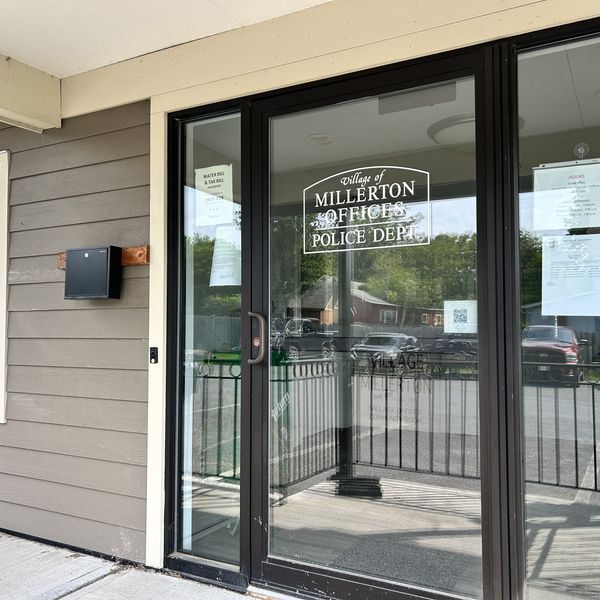
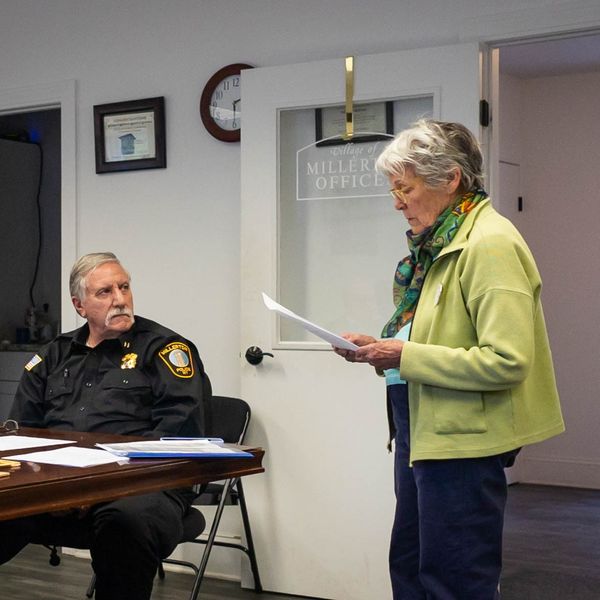

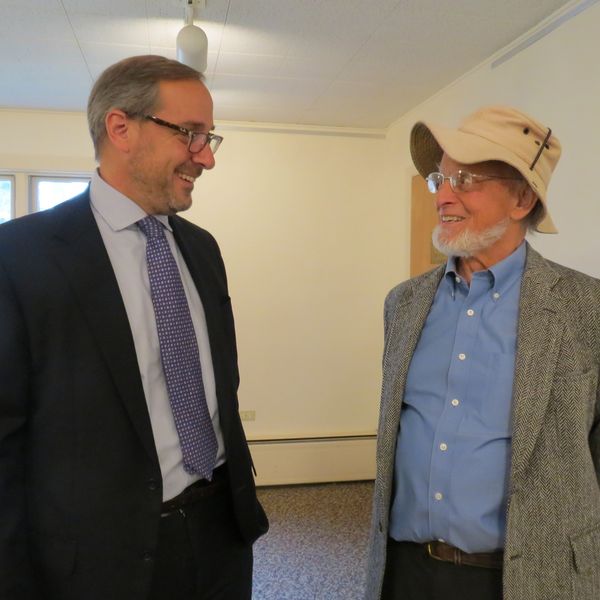
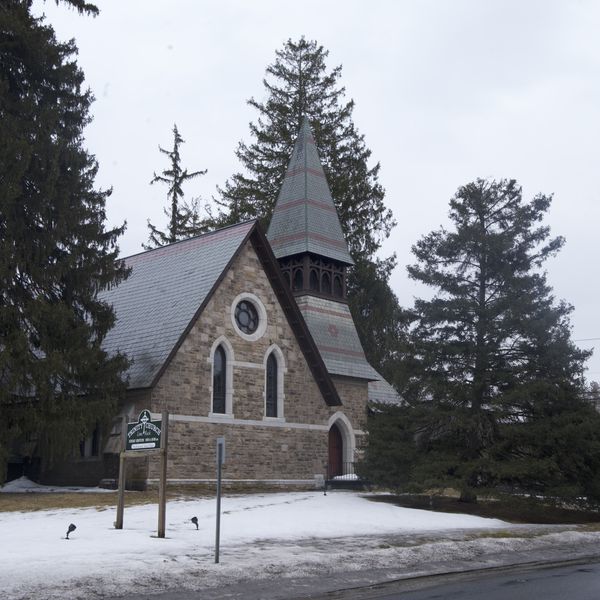






 lakevillejournal.com
lakevillejournal.com 








